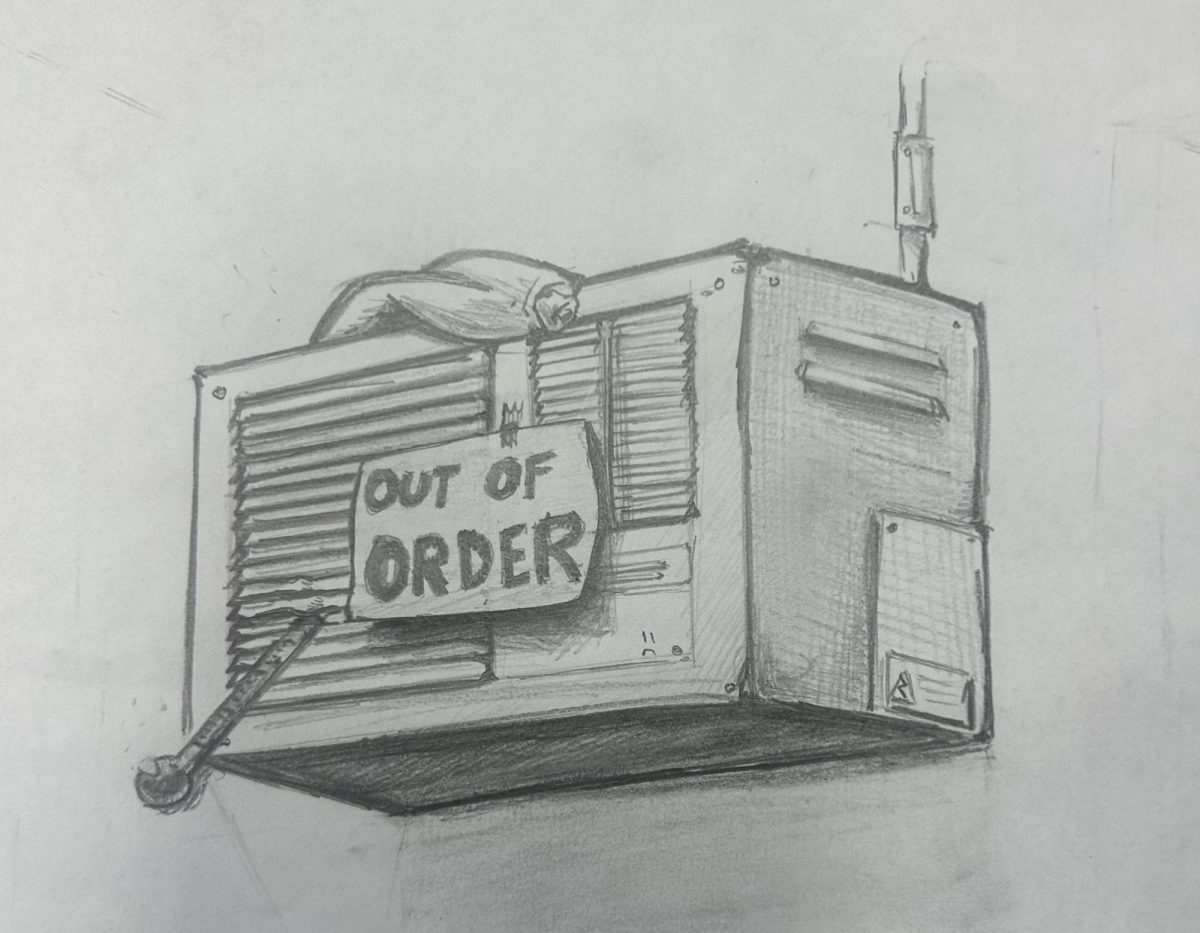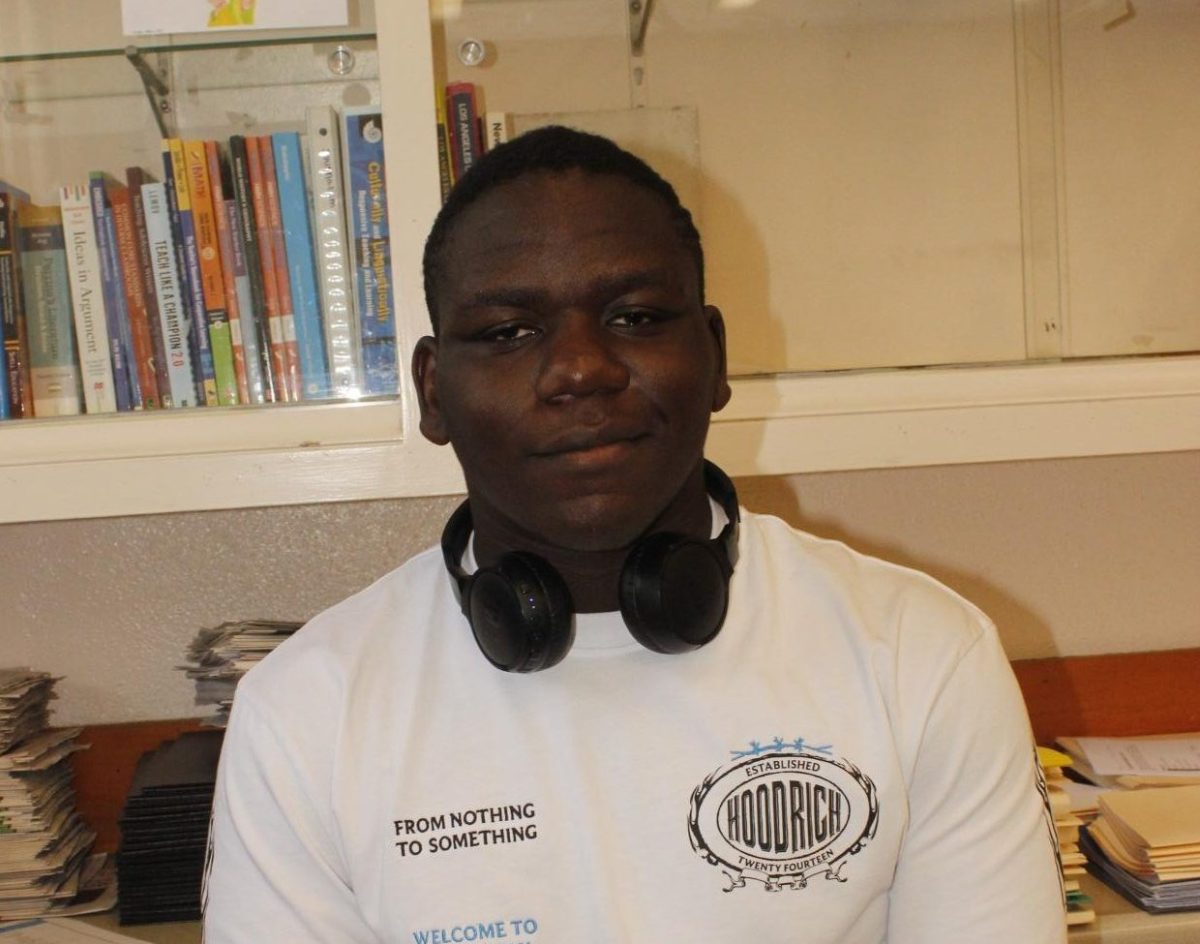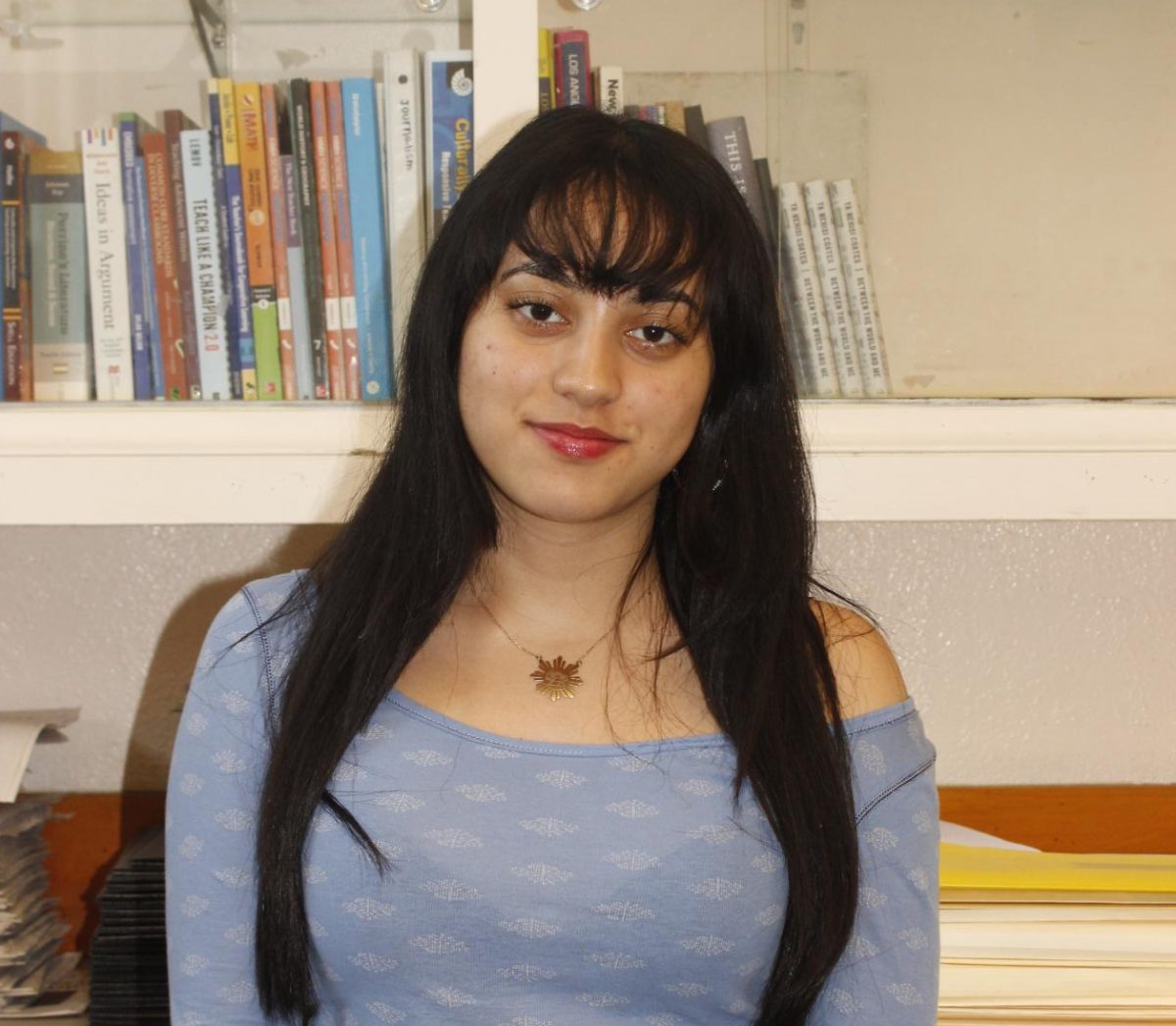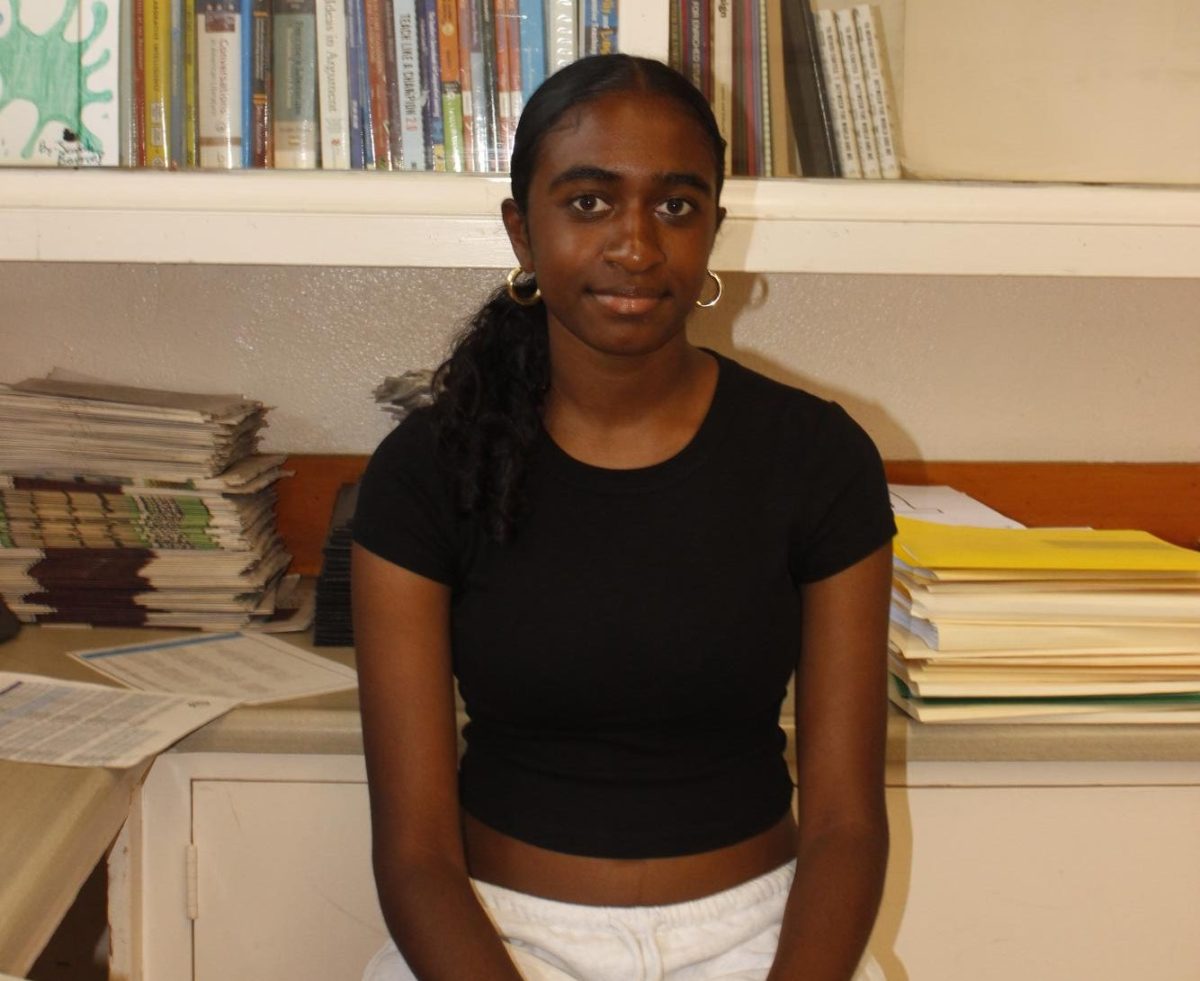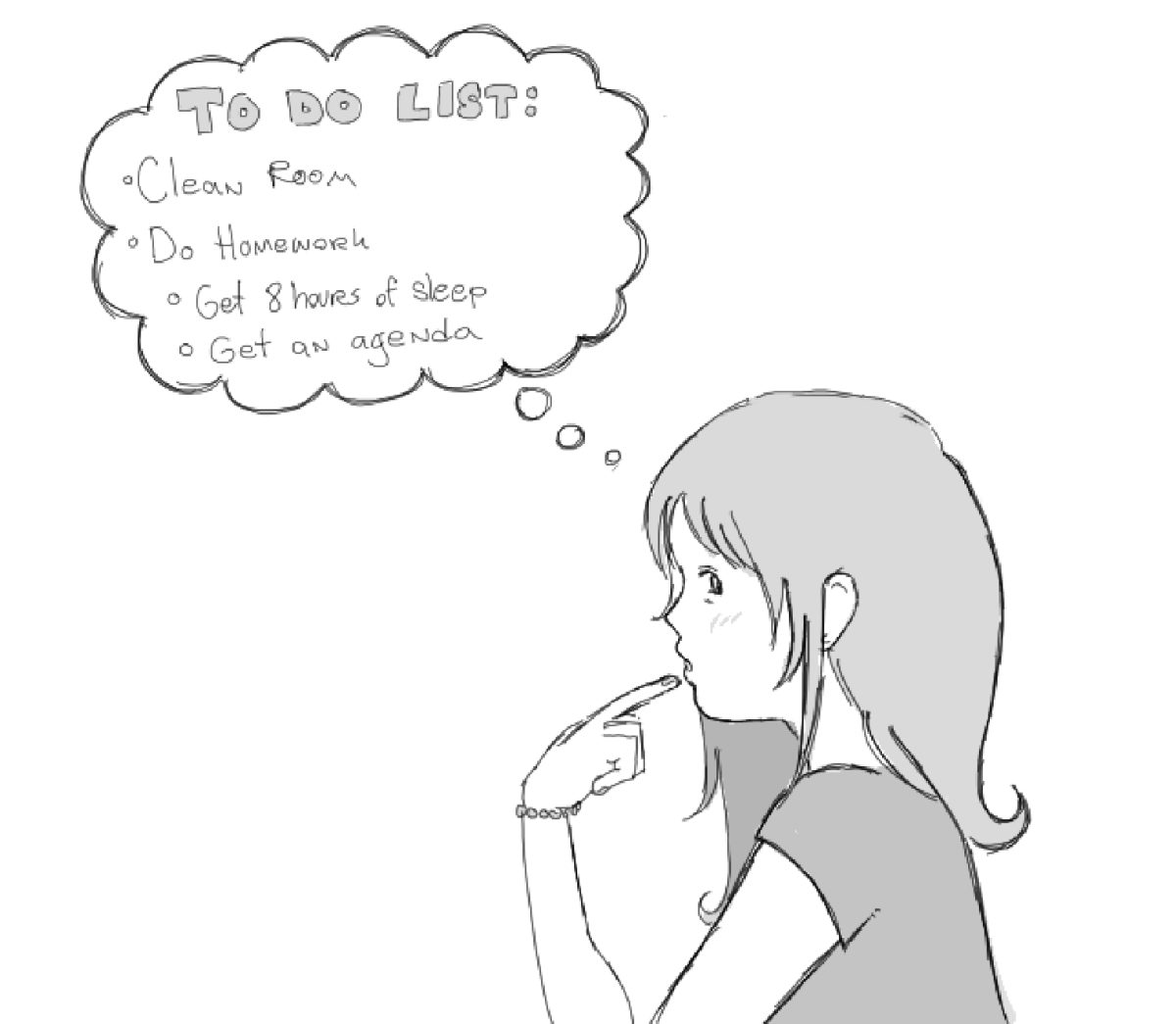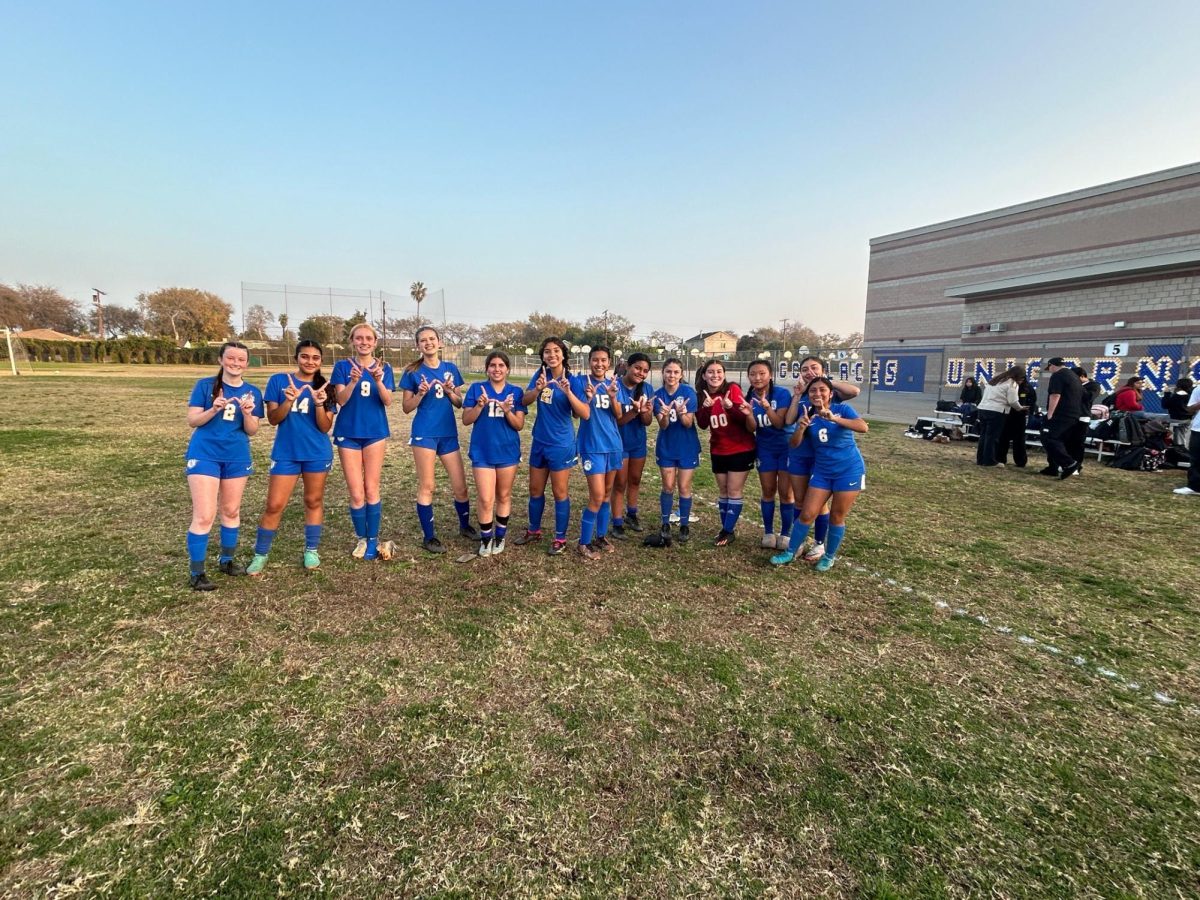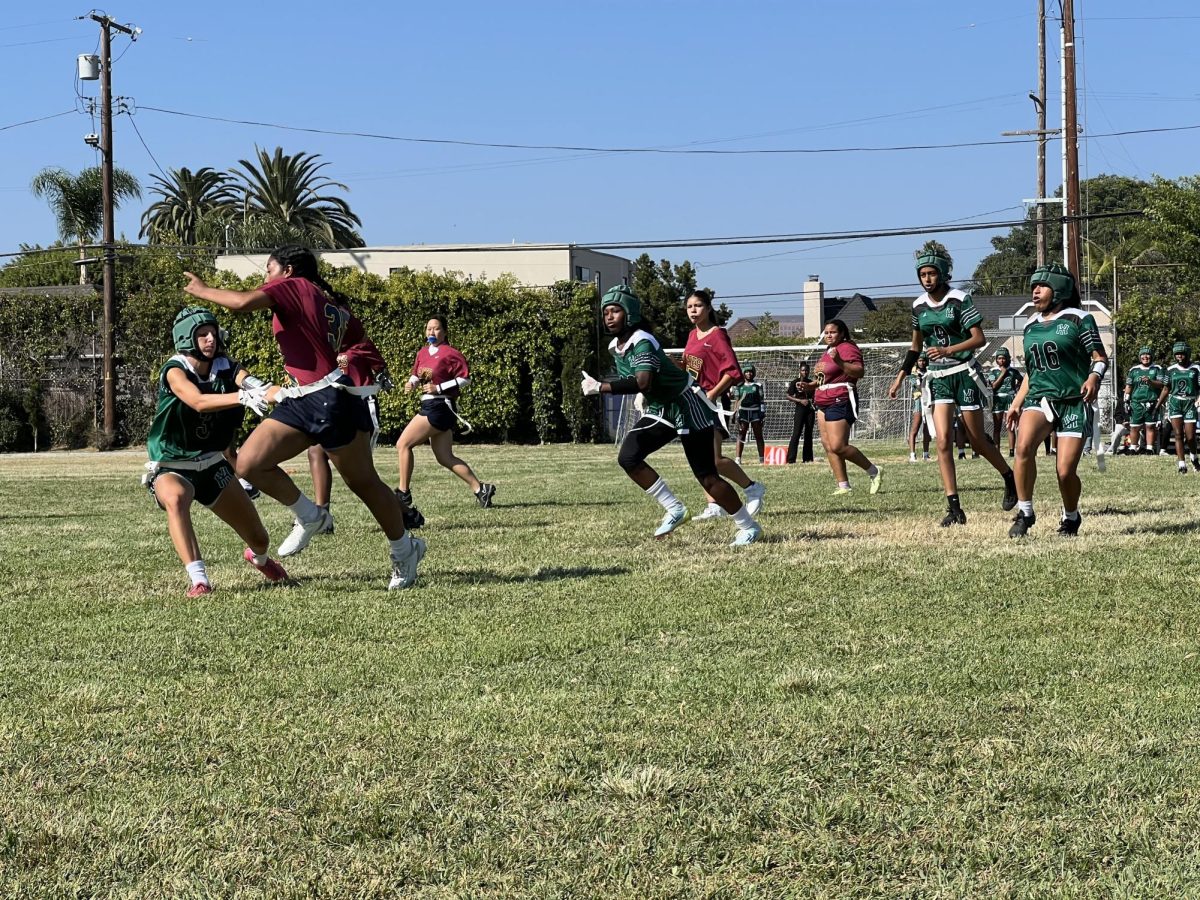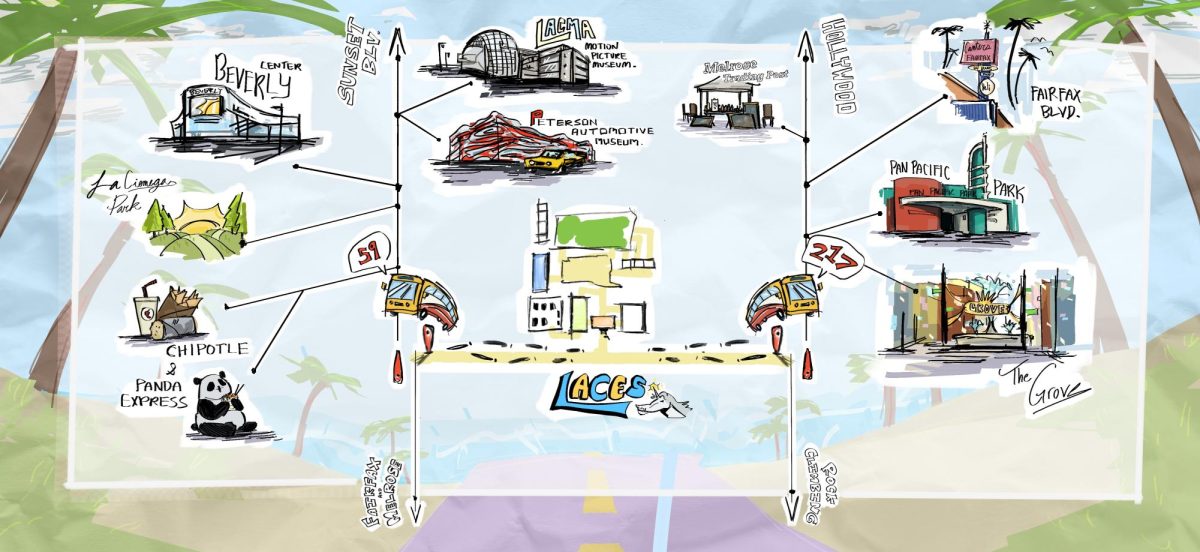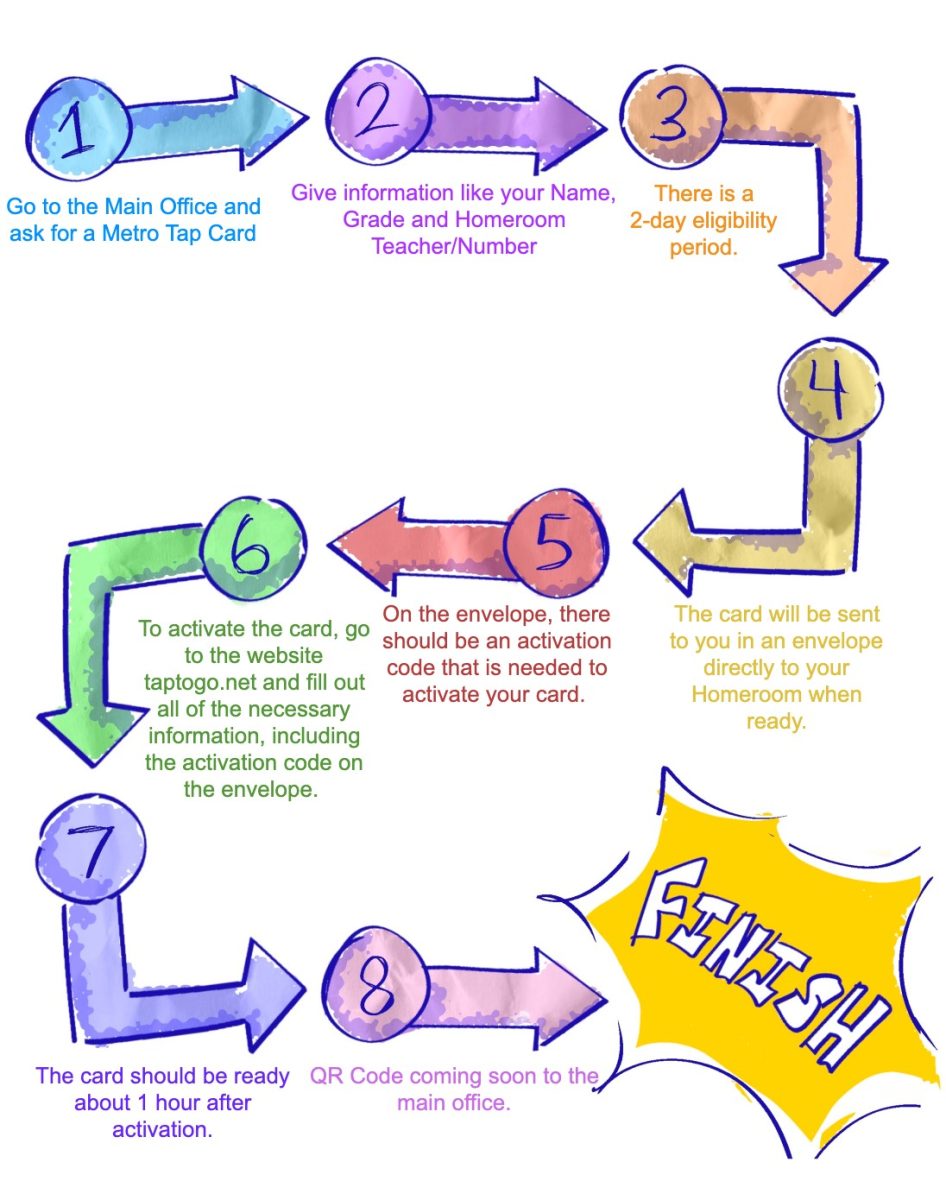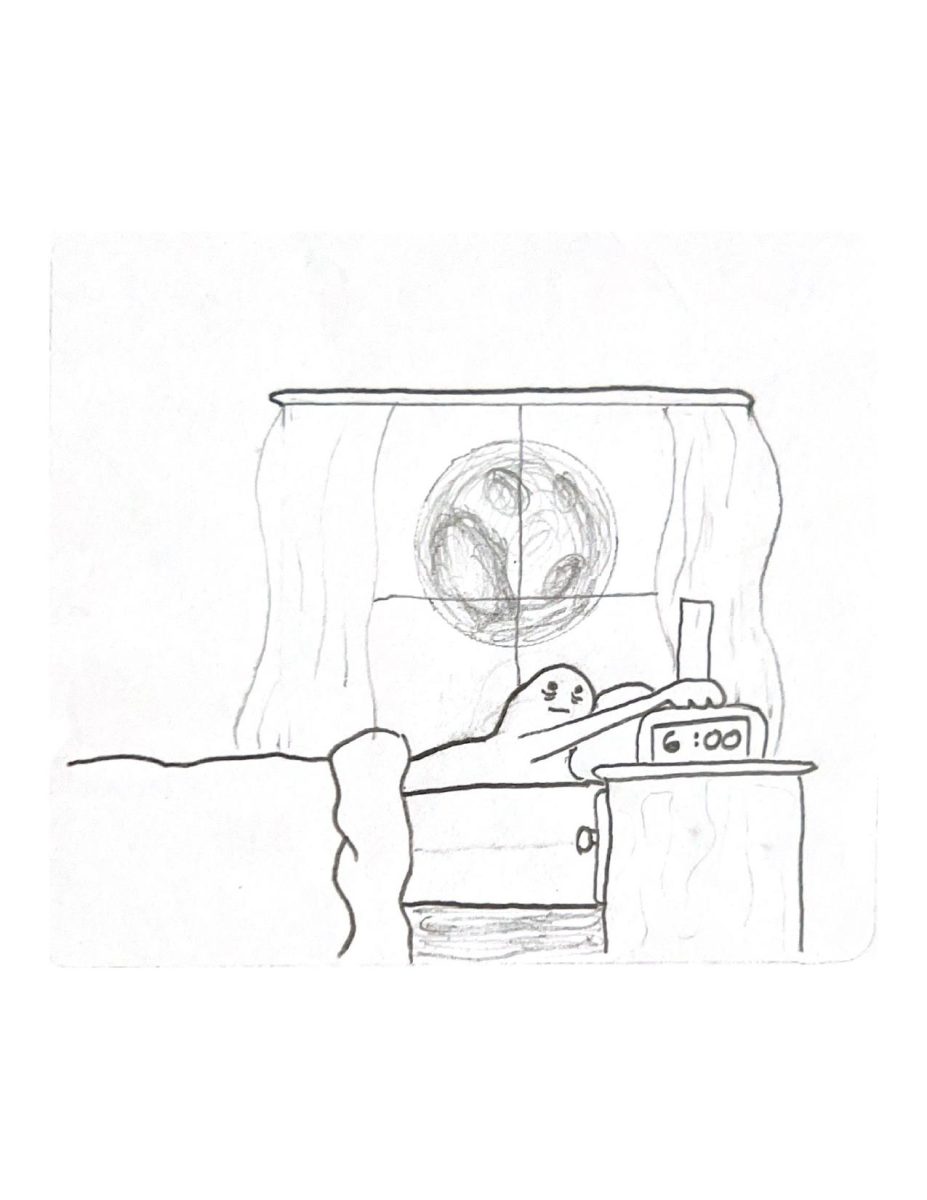Uhhh, it’s 6:00 am, at least that’s what the alarm says. However, your circadian rhythms disagree, and they aren’t alone. 55% of Americans feel tired after “spring forward,” according to an American Academy of Sleep Medicine survey, which begs the question, why should we even have the time switch? For the reasonable American, putting this unpleasant strain upon us with this time change is simply ludicrous. For our nightcrawler chums who enjoy the darkness, I guess it’s alright, but if it were up to me I’d have another hour of light like a sane individual.
For about three-quarters of the year, we are on daylight saving time, when we can enjoy the evening sunlight and not have to go home in the dark. While many enjoy the effects of the extra hour of sleep from “fall backward”, the change causes nightfall to happen very close to the end of a person’s school or work day, leaving much of most Americans awake time out of school or work in the dark during the evening.
Daylight saving time has been found to reduce crime rates in a study published in “The Review of Economics and Statistics” since more crime tends to happen in the hours after nightfall than the hours before sunrise.
“Regression discontinuity estimates show a 7% decrease in robberies following the shift to DST,” states the Review of Economics and Statistics. “As expected, effects are largest during the hours directly affected by the shift in daylight.”
In fact, when daylight saving time was extended for four weeks in 2007, the study found that the United States saved an estimated $59 million in annual social cost saving from avoided robberies. Though the sun rose later in the morning, morning crime did not increase because national crime rates are higher on average in the evening.
Daylight saving time was created to conserve energy during World War I, and the 2007 four-week extension of daylight saving time supports that it’s still an effective energy saver, with the Department of Energy reporting that 0.5 percent of the nation’s electricity per day was saved, which adds up substantially over time.
The United States Senate has taken action to make daylight saving time permanent, with Senator Marco Rubio proposing the Sunshine Protection Act, passing unanimously. However, the concerns of the American Academy of Sleep Medicine and other critics about daylight saving time have halted the progress of the Sunshine Protection Act in the House for now. Since states can remove daylight savings time but not make it permanent without federal law being changed, the issue is in the hands of the federal government.
“We are asking our brains to wake up an hour earlier than they are biologically prepared to do [when changing to daylight saving time],” said University of Washington biology professor Horacio de la Iglesia. “Sleep and mood disorders will follow.”
A study published in the current biology journal links the time change to daylight saving time to an increase in traffic accidents, and a New England Journal of Medicine found a 24% increase in heart attacks the Monday after “spring forward.”
“The reason more heart attacks happen on Monday mornings could be attributed to several factors, including the stress of starting a new workweek and inherent changes in our sleep-wake cycle,” according to Michigan Medicine. “Previous studies have linked poor or insufficient sleep with heart disease. With [the change to] daylight saving time, all of this is compounded by one less hour of sleep.”
While these are all negative effects of the time change to daylight saving time, they are not effects of daylight saving time itself, but of the time change.
With most Americans having to work much of the day, the evening is when people tend to want to do recreational activities, which often require sunlight.
The US Chamber of Commerce, the world’s largest pro-business lobbying group, has long supported extending daylight saving time and claims that more Americans shop when it’s light out. Additionally, most people are almost always awake in the early evening hours, unlike the early morning hours, making daylight less crucial in the early mornings.
“I prefer my mornings to be dark rather than the evenings,” said sophomore Sean Yang. “I spend more time outside in the evenings.”
